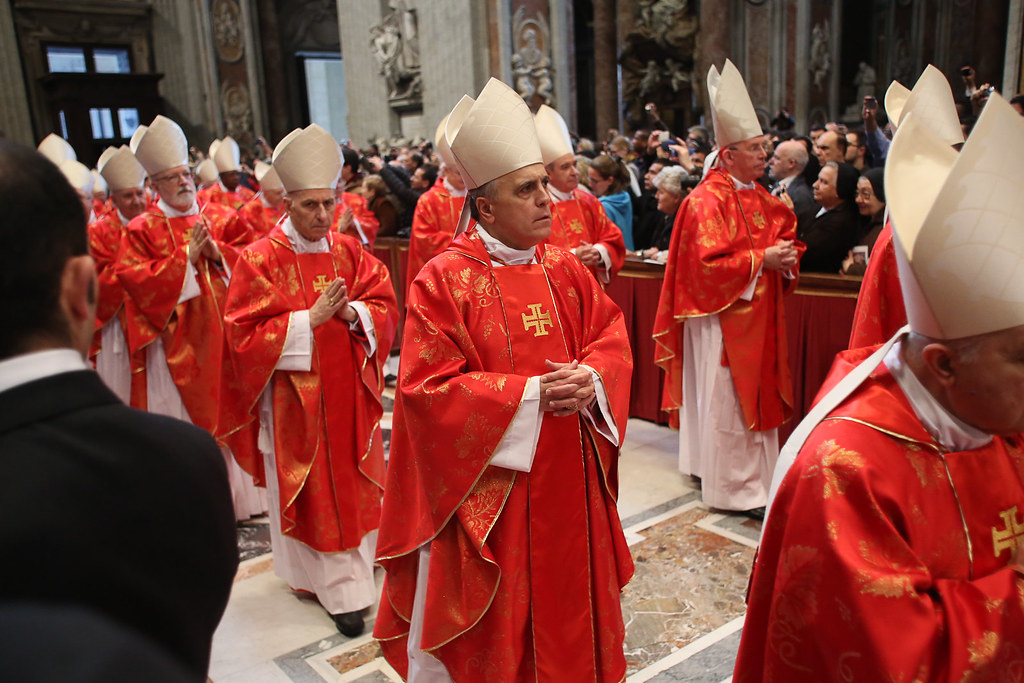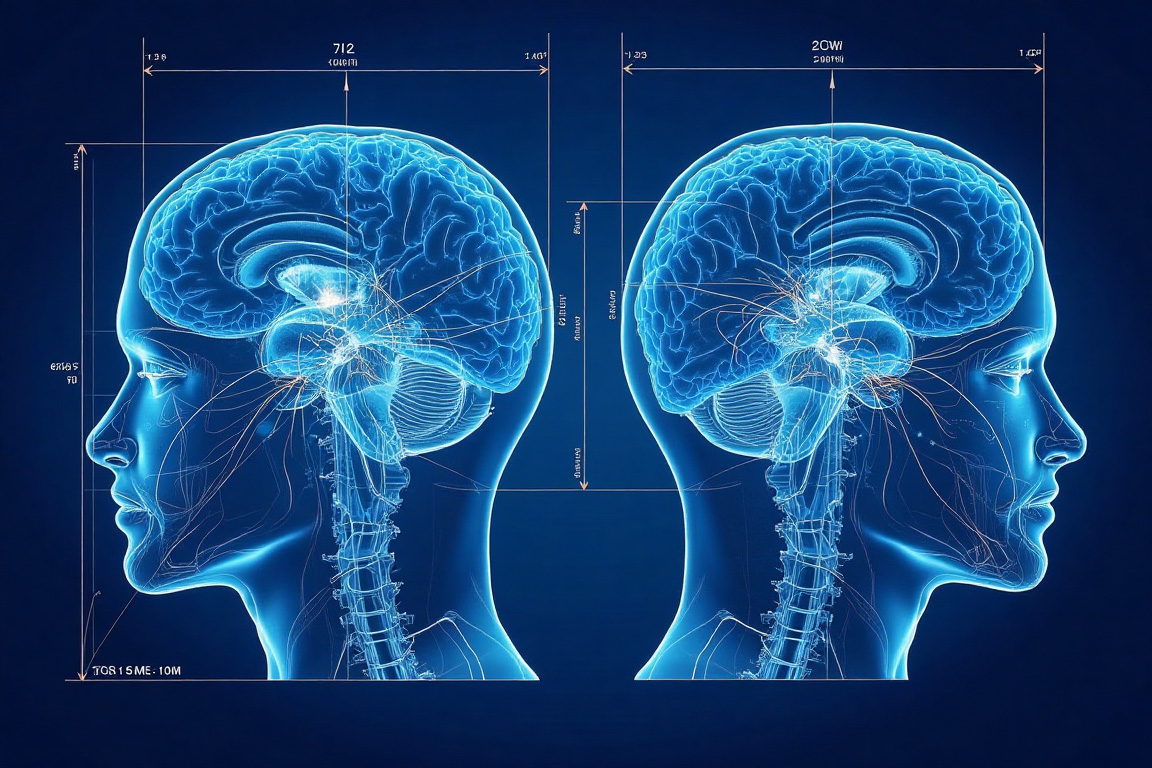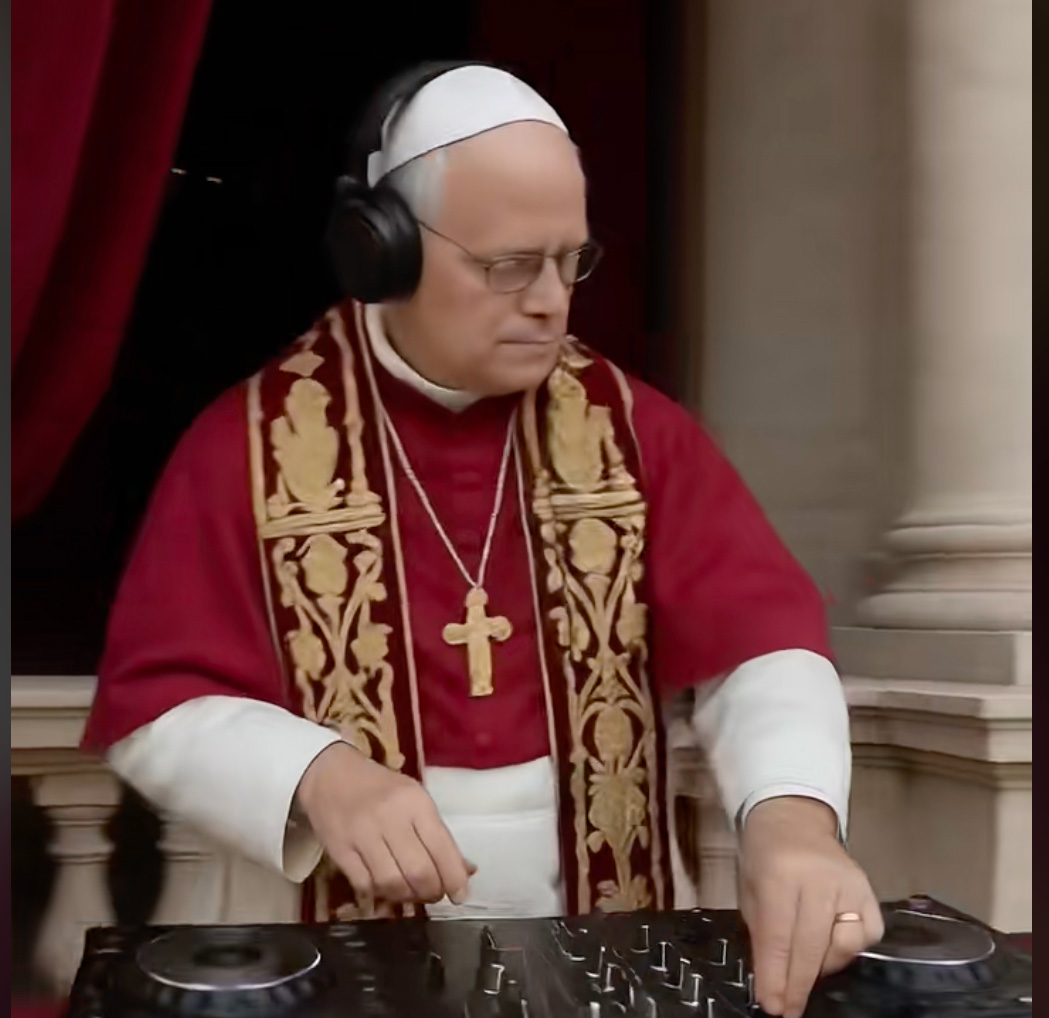Was this the first TikTok conclave?
You wouldn't usually expect a 2,000 year old institution to attract a great deal of attention on social media, but the election of a new pope attracted a wave of posts and speculation, especially among younger generations who have not been noted for their interest in the Vatican conclave in former decades. So what does Gen Z know that their older peers don't?
One of the most obvious factors for even more interest among the media more generally (other than the fact that it was the elction of, you know, the pope), was that this is the first time ever that a citizen of the USA has been elected to the position of pontiff. As Pope Francis, better known as Jorge Mario Bergoglio, was born in Buenos Aires and served as Archbishop in Argentina before becoming a Cardinal in Rome, I hesitate to call Leo XIV the first American pope, but it is certainly the case that the election of Chicagoan Robert Francis Prevost has certainly caused even more interest than usual. Yet even in the days before the papal conclave met and was locked away in the Sistine Chapel there was something of a feeding frenzy on social media. When the new pope was announced within two days, this led in turn to headlines such as "Are We Ready for Pope Leo to Be a TikTok Celebrity" and "A Close Read of TikTok's First Papal Conclave".
Likewise, the event seems to have been affected by the prevalent internet culture, especially on platforms like TikTok and X, to transform public figures into "stan culture" icons and brands, with the conclave process and the cardinals involved becoming part of this trend. Perhaps to the bemusement of Saint Peter, cardinals have been treated like celebrities or K-pop stars - with fancams, edits, fanart, and online campaigns. Accounts like @PopeCrave have become popular for this "papal content," mixing movie fandom with church gossip and creating a string of viral memes in the process. Some cardinals, such as Luis Antonio Tagle, already had a strong online presence, which has only increased interest. It also helped greatly that the political thriller Conclave, starring Ralph Fiennes, had been released only a few months before and scooped up various awards in the weeks before the death of Pope Francis.
Alongside the specific context of Pope Leo's nationality, the centuries-old tradition of electing a new pope is filled with drama, mystery, and elaborate rituals, making it perfect for social media. Secret meetings, ancient rules, and the iconic chimney of the Sistine Chapel create a spectacle similar to a high-stakes TV show or an escape room. On platforms such as TikTok and Instagram, "chimney watch" was transformed into a shared online event. The quicker pace of recent conclaves also suits modern attention spans: unlike the Conclave of 1268, which lasted three years, there was no loss of interest among spectators.

Cardinals meeting for the previous conclave in Rome in 2013, © George Martell .
Legacy and future direction
Part of the fascination - perhaps much of it - owes a great deal not just to the spectacle of conclave and Pope Leo's nationality, but the legacy of his predecessor, the other American pope. Pope Francis had a significant social media presence himself, and his perceived progressive views (which surprised many) and outreach to marginalized groups, such as the LGBTQ+ community and immigrants, resonated with many, particularly younger generations who could otherwise feel alienated by the Church's complex history. For those individuals, the election represented a critical moment for the Church's future direction, adding stakes to the spectacle.
There is also a broader trend of increased interest in Catholicism among Gen Z, partly attributed to Pope Francis' legacy and partly to the Church's appeal in offering community, identity, and an aesthetic that aligns with modern online culture. Yet this interest itself is much more nuanced than simple appeals to progressivism or conservatism indicate: Francis himself, while stressing the need for inclusion among many groups who felt rejected by the Church emphasised traditional Catholic teachings on homosexuality as sin (just as Leo XIV said in 2012 that a "homosexual lifestyle" was "at odds with the Gospel". A number of commentators have also noted that one possible reason for an interest in Catholicism among Gen Z men in particular was increased exposure to right-wing content online.
As with so many other facets of contemporary life - online and off - "Vatican-core" memes on TikTok and elsewhere unsurprisingly ignore the complexities of the election of a new pope as they do many other aspects of social, political and cultural life. Some commentators are inevitably correct to draw attention to the fact that some of the social media speculation came from observers who wished to frame their position and perspective among their own groups and communities, but this had little influence on the actual decision made by the 133 cardinals gathered together at St Peters. After all, since the impossibly drawn out meeting of 1268, the whole point of conclave (from the Latin, con clave, "with key", referring to how they are locked in) is that those making the decision are not influenced by the outside world.
Not that Leo himself would seem particularly enamoured of the various AI representations of himself that are starting to proliferate. In his first meeting with cardinals after his election, Leo said AI poses challenges to many aspects of human life. His previous nameksake, Pope Leo XIII, wrote a famous open letter to all Catholics in 1891, Rerum Novarum (“Of Revolutionary Change”), which was concerned with the destructive impact of the industrial revolution on the conditions of the working class. Pope Francis had increasingly warned of the dangers of AI before his death, and called for international bodies to regulate it. In his own speech to cardinals, Leo said: In our own day, the church offers everyone the treasury of its social teaching in response to another industrial revolution and to developments in the field of artificial intelligence that pose new challenges for the defence of human dignity, justice and labour.”
While AI is unlikely to appeal, then, the one part of contemporary culture which may have had some impact on those cardinals was Edward Berger's 2024 thriller. Several of those locked into the Sistine Chapel said that they had watched the movie, although as Cardinal Vincent Nichols told The Independent, the real conclave "was nothing like the film".


